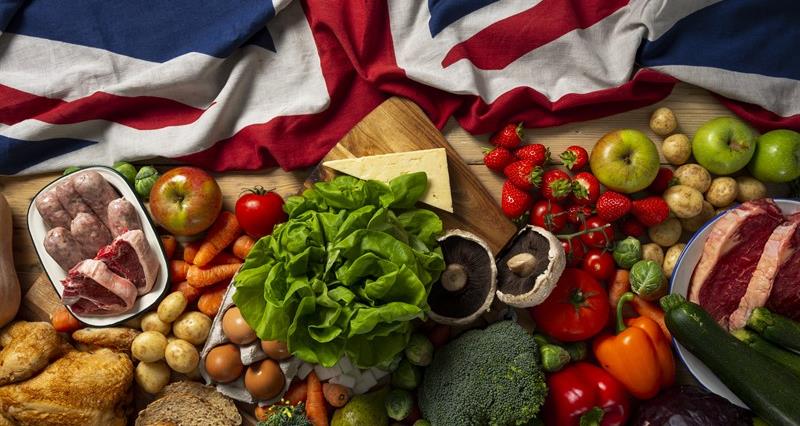Local farming, horticultural and hospitality businesses, who together employ more than 280,000 people across Yorkshire, say that a closer relationship between the sectors could help boost business resilience in the face of unprecedented economic challenges.
With fantastic Yorkshire food and drink at the centre of a collaboration between the NFU and the York and North Yorkshire Chamber of Commerce Hospitality Forum, the message is that what you eat and drink – and the story behind it – really matters when you’re eating out.
The goal is to create more opportunities to serve delicious local food, with NFU research showing that 87% of consumers want to support British food production and 58% would be willing to pay more for a meal if the provenance of the main ingredient was promoted.
A national roundtable event, hosted by the NFU in May, brought together industry leaders and operators to discuss opportunities to develop a roadmap to get more lower carbon British food on pub, restaurant and café menus.
Now, farming and hospitality businesses in Yorkshire are the first to respond to the challenge, which according to NFU regional director, David Hall, is no surprise given the importance of the farming, food and drink sectors in England’s largest county.
“With thousands of farmers across the county producing every ingredient you could imagine, Yorkshire is a county that could easily feed itself."
David Hall, Regional Director North
Ever more important to link farming, food and hospitality
“Great food and drink is what we do in this part of the world,” he said. “With thousands of farmers across the county producing every ingredient you could imagine, Yorkshire is a county that could easily feed itself.
“The farming, food and hospitality sectors are inextricably linked and have faced similarly unprecedented economic challenges in recent years – with agricultural input costs rising 44% since 2020, and recent cost inflation facing hospitality businesses at 15%.
“This makes it even more important for us to forge closer links in a bid to help both sectors thrive in such a difficult trading environment. We already know how important sustainability is to customers, with 9 out of 10 saying it’s important to them when eating out. Sourcing more local food gives hospitality businesses a great opportunity to bring this to life, telling the story behind the food they serve.
“Plus, all businesses are seeking to reduce their carbon footprint. Again, through its drive to reach net zero by 2040, farming has the potential to make a huge contribution to the efforts of the hospitality sector to become more carbon friendly.
“In return, creating demand for more home-grown produce could help small family farms and horticultural growers develop a local market for their produce and boost their income at a time when many are struggling to cope with soaring prices.”
Improving connections with local food producers
Chair of the York & North Yorkshire Chamber of Commerce Hospitality Forum, Philip Bolson, welcomed the move to work more closely with the farming industry. He said: “There is a lot we can do to improve our connection with local food producers, not least working to help both farmers and hospitality businesses understand how to connect with each other. This is not always immediately obvious for either party.
“It’s clear that good ‘storytelling’ via our menus, websites and on social media can really add value to hard-hit hospitality businesses and in Yorkshire we are certainly not short of great food with a compelling story behind it. So, it makes real sense for our county to take the lead in this national drive, just as we have done with the creation of the first Hospitality Forum by any Chamber of Commerce in the UK.
“I’m looking forward to seeing what we can achieve to improve the fortunes of our hugely diverse sector that takes in everything from start-up cafés to global brands and Michelin Star restaurants. There is a real desire to see Yorkshire feeding Yorkshire – we just need to explore how we can make that easy, straightforward and financially viable for our myriad of hospitality and farming businesses.”



